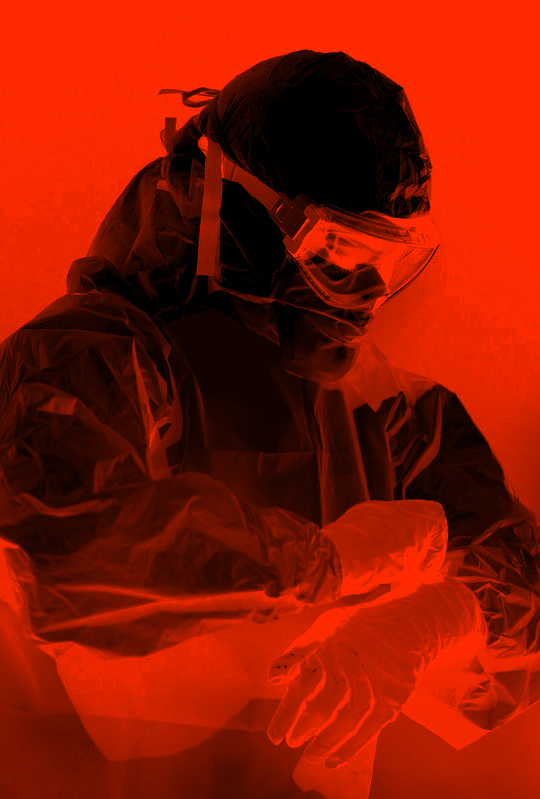Ebola toll slowing but no rest yet
 The worst Ebola epidemic on record continues, with Guinea declaring a 45-day 'health emergency' in five regions.
The worst Ebola epidemic on record continues, with Guinea declaring a 45-day 'health emergency' in five regions.
More than 24,000 people in nine countries have been infected since the Ebola virus hit West Africa last year, with more than 10,000 killed.
The World Health Organisation declared earlier this year that the epidemic was finally declining in the three countries at the epicentre - Liberia, Sierra Leone and Guinea.
But Guinean President Alpha Conde has now declared a 45-day ‘health emergency’ in five regions in the west and southwest of the country, and the deadly disease continues to move to the coast.
Sierra Leone will soon complete a three-day country-wide lockdown sparked by fears that the virus was coming back in certain parts of the country.
Liberia’s government over the weekend announced the death of the country's first new Ebola patient in more than a month.
Liberia has called on all Ebola survivors to strictly observe a period of sexual abstinence after recovering from the disease.
It came after fears the country’s latest case resulted from sexual transmission.
Deputy Health Minister Tolbert Nyenswah, who heads Liberia's Ebola response, told reporters; “New information indicates that sexual transmission may have occurred, but remains unproven.
Health officials are monitoring 211 people who came in contact with the 44-year-old patient, but none have presented with symptoms of the disease so far.
Meanwhile, an Ebola ‘whole virus’ vaccine has seen some positive test results.
The vaccine - which was made at the University of Wisconsin using a new experimental platform - has been shown to effectively protect monkeys exposed to the often fatal virus.
The new approach differs from other Ebola vaccines because as an inactivated whole virus vaccine, it primes the host immune system with the full complement of Ebola viral proteins and genes, potentially conferring greater protection.
Other Ebola vaccines currently undergoing trials include:
- A DNA-based plasmid vaccine that primes host cells with some of the Ebola proteins.
- A vaccine based on a replication incompetent chimpanzee respiratory virus engineered to express a key Ebola protein.
- A live attenuated virus from the same family of viruses that causes rabies, also engineered to express a critical Ebola protein.
- A vaccine based on a vaccinia virus and engineered to express a critical Ebola protein.







 Print
Print